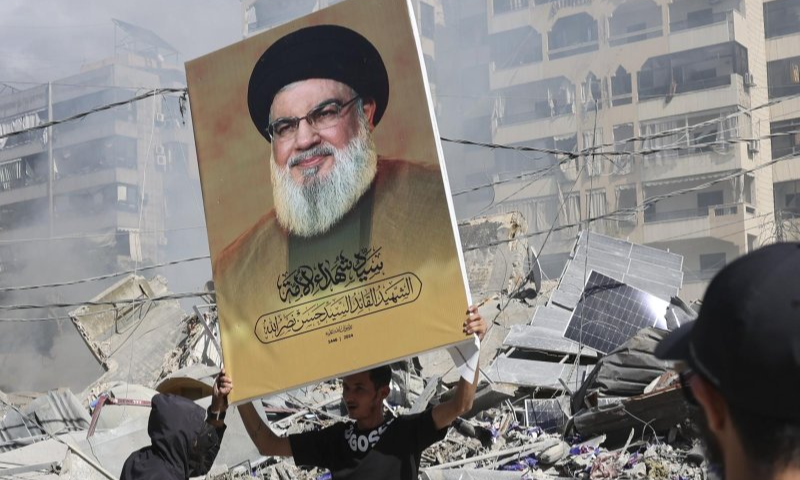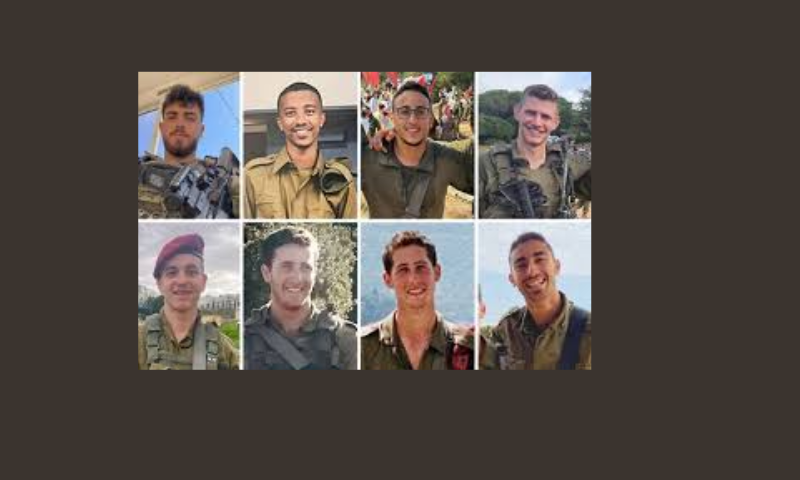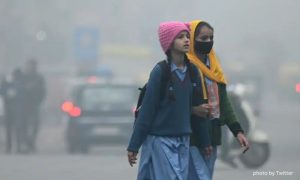BEIRUT, Lebanon: Hezbollah said that it repelled an Israeli infiltration into southern Lebanon, leading to the deaths of eight Israeli soldiers—marking Israel’s first losses since launching cross-border raids this week.
These clashes coincided with Iran’s largest missile attack on Israel, further escalating tensions in the region. While Iran warned of stronger retaliation, Iranian President Masoud Pezeshkian emphasized that Iran was not seeking war.
In response to the attack, US President Joe Biden stated that while Israel has the right to respond, any retaliation must be proportional, expressing concern over the broader consequences of targeting Iran’s nuclear facilities. At the United Nations, both Israel and Iran exchanged threats, fuelling fears of a larger regional conflict.
Pakistan urged for the de-escalation of hostilities, condemning Israel’s actions and calling on the UN Security Council to safeguard Lebanon’s sovereignty and address the humanitarian crisis in Gaza.
Meanwhile, Israel continued bombing southern Beirut, causing widespread destruction and displacement. Hezbollah claimed to have forced Israeli soldiers to retreat, intensifying fears of an expanded conflict between Israel and Hezbollah, which has already displaced hundreds of thousands of people in Lebanon.
With rising casualties and increasing military activity, the Middle East is facing a precarious situation that threatens to spiral into a larger regional war, affecting not just Israel and Lebanon, but the entire region.

























